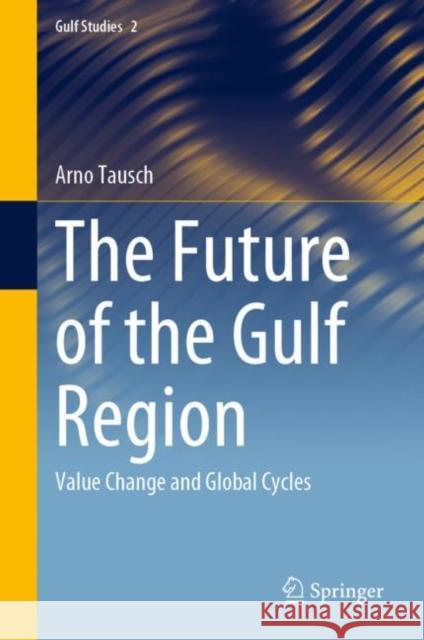The Future of the Gulf Region: Value Change and Global Cycles » książka
topmenu
The Future of the Gulf Region: Value Change and Global Cycles
ISBN-13: 9783030782986 / Angielski / Twarda / 2021 / 451 str.
Kategorie BISAC:
Wydawca:
Springer
Seria wydawnicza:
Język:
Angielski
ISBN-13:
9783030782986
Rok wydania:
2021
Wydanie:
2021
Numer serii:
001122335
Ilość stron:
451
Waga:
0.84 kg
Wymiary:
23.39 x 15.6 x 2.69
Oprawa:
Twarda
Wolumenów:
01
Dodatkowe informacje:
Wydanie ilustrowane











